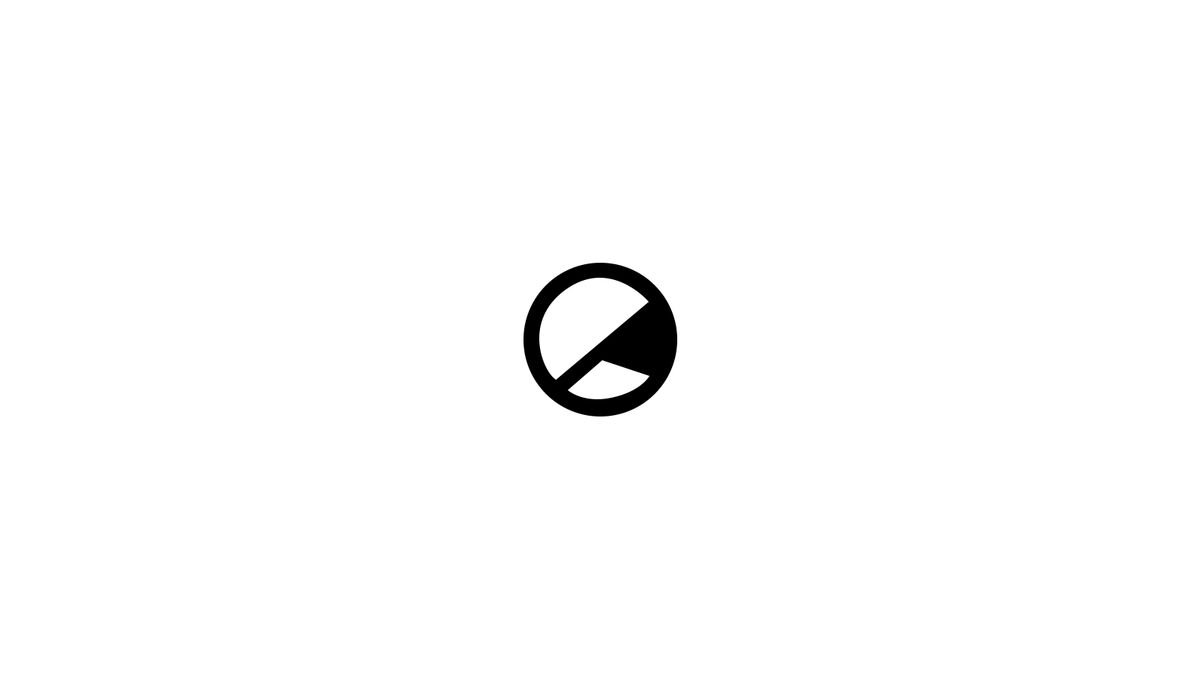BBC Promises to Have More Gay Characters to Fight The Heteronormative

The BBC is going to increase the number of LGBT people appearing in its programmes and news output as part of new diversity reforms.
They will be "incidental" portrayals, meaning that their sexuality is not part of a storyline or directly relevant to a news item.
Off-screen and off-air, LGBT staff will be encouraged to "bring their whole self to work" and be open about their sexuality.
Other recommendations include the use of non-binary pronouns used by staff where appropriate, and a network of "straight allies" who will announce their status with pin badges or special email signatures.
They are included in a new report based on a survey of LGBT staff attitudes, which found that many perceived the corporation to have a "heteronormative culture".
LGBT staff account for 11 per cent of the total BBC workforce and 12 per cent of senior staff. BBC bosses say they have acted to ensure they retain and attract the best LGBT talent as an employer, and to appeal to a younger audience as a broadcaster.
James Purnell, director of radio and education, said: "One of our big challenges currently is around young audiences.
"In a recent YouGov survey only 51% of 18 to 24-year-olds said they identified as completely heterosexual.
"An organisation that appears to have a heteronormative culture is not one that is going to cut ice with them either as a consumer or an employee.
"We're aiming to create the most open, inclusive culture we can."
An internal survey of 300 LGBT staff at the BBC revealed areas requiring improvement, including a heteronormative culture, a need for inclusive non-binary language, insufficient support for trans staff, and a need to "adopt LGBTQ or LGBTQ+".
Concerns were also raised that gay men were the most visible members of the LGBT community at the company, that intersectionality of race and background within the LGBT community was not reflected enough, and that there was a need for more visible LGBT leaders.
Karen Millington and Matt Weaver, said: "We hope this makes everyone feel included - whether genderqueer, bisexual, gay, lesbian, transgender, non-binary, pansexual, intersex, asexual, queer, questioning or an ally."
Telegraph UK
Telegraph UK
Comments